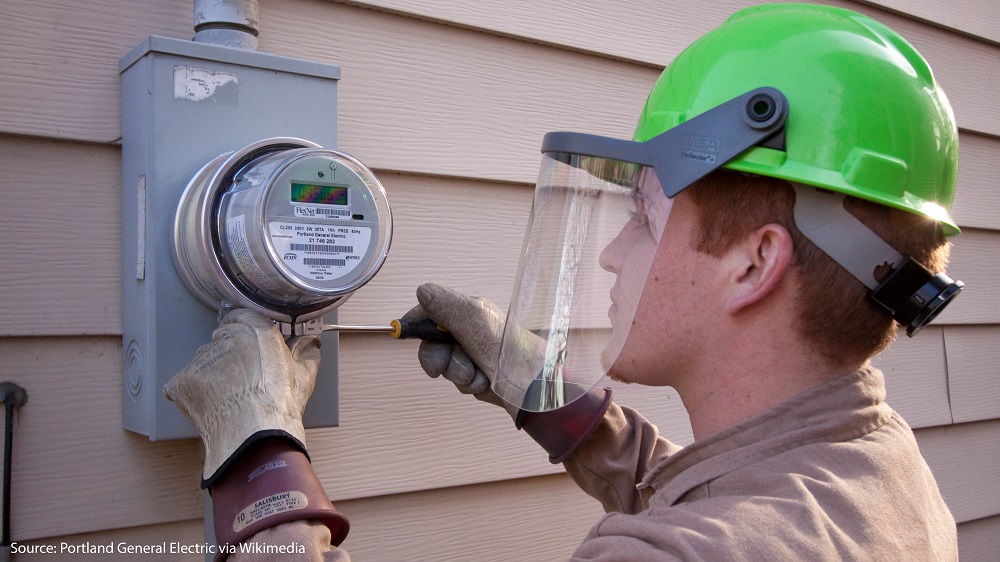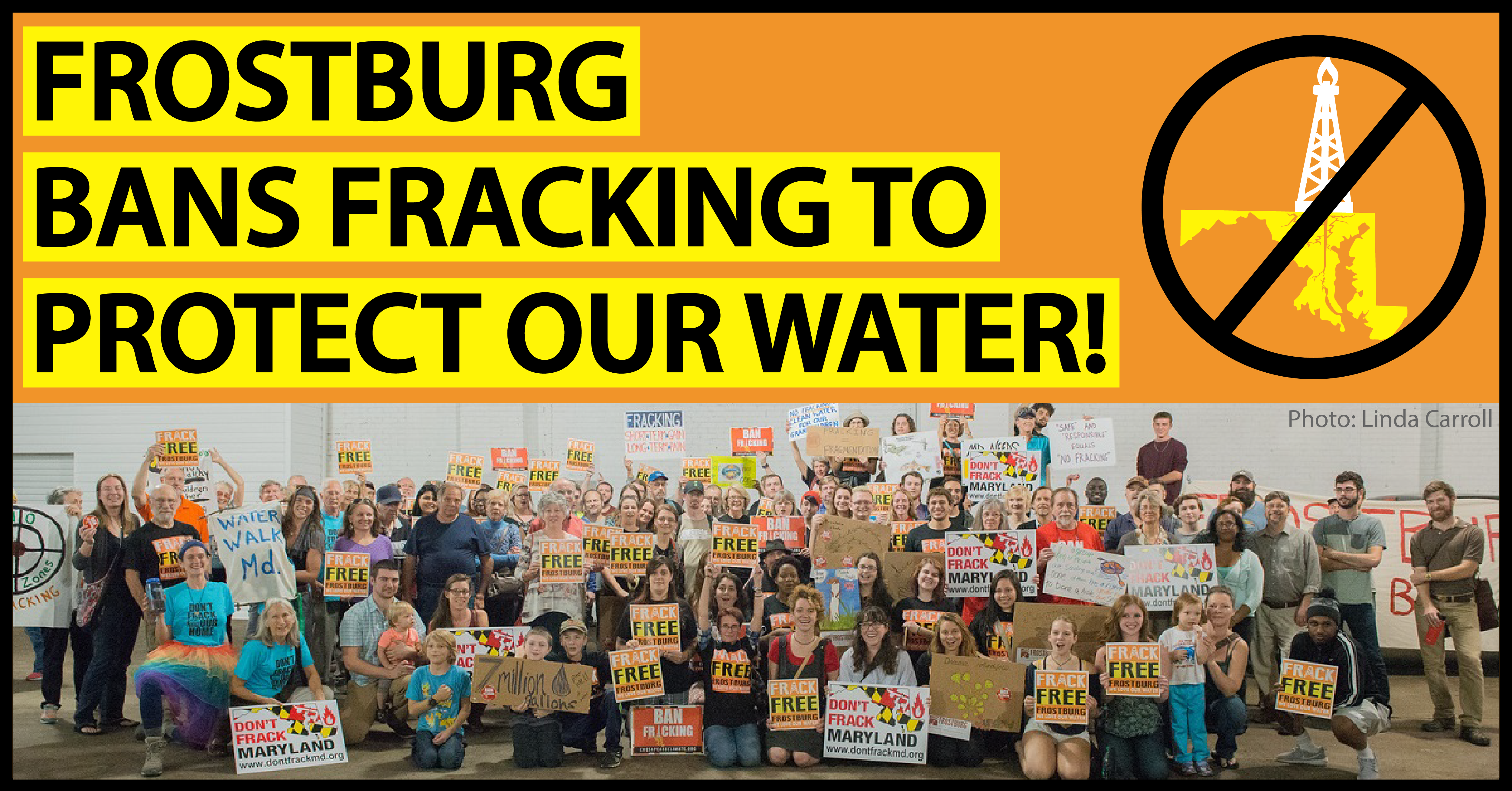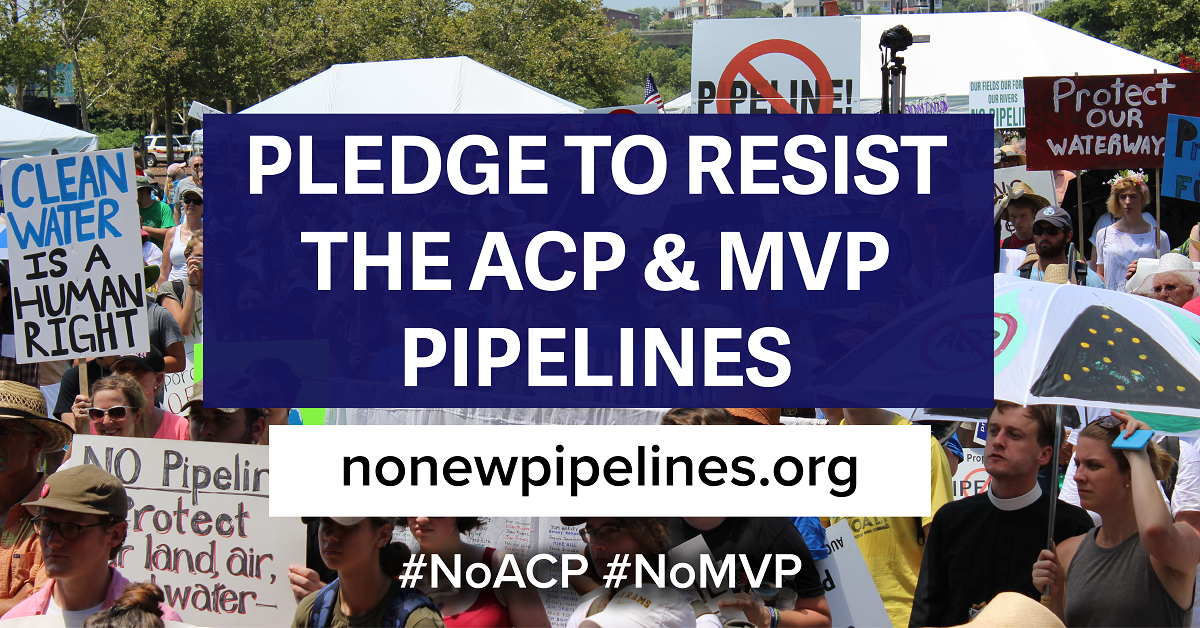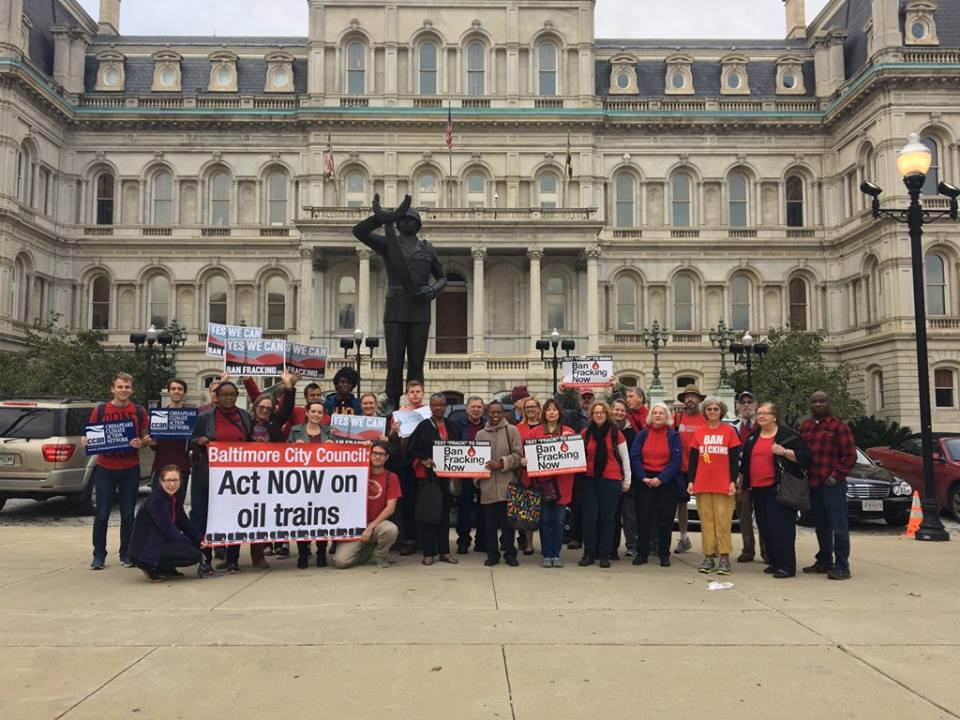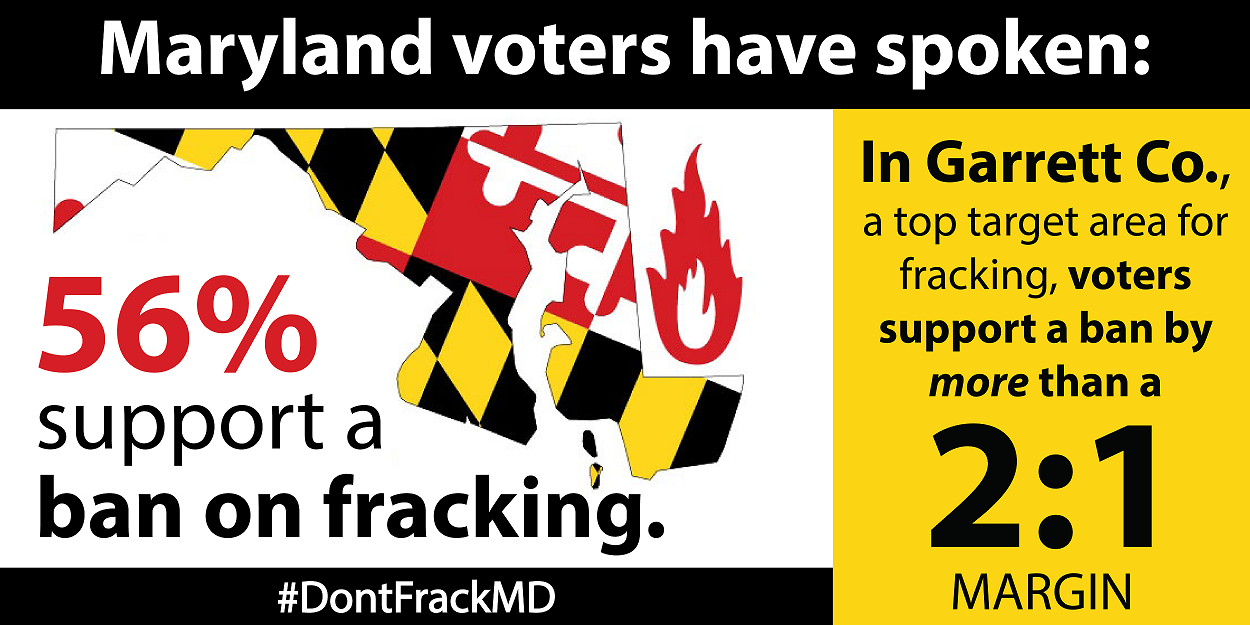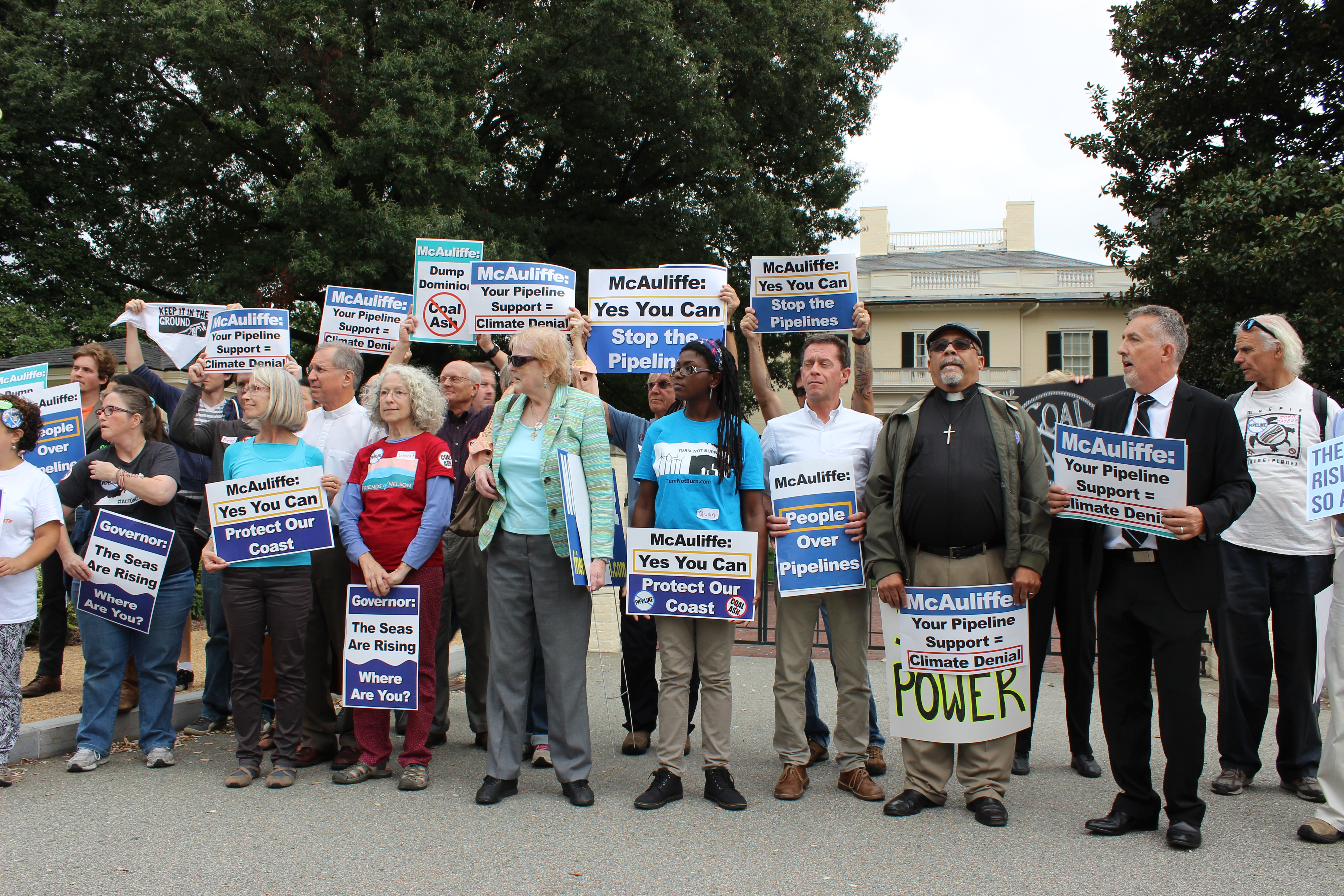For Immediate Release
October 5, 2016
Contact:
Kelly Trout, 717-439-0346 (cell), kelly@chesapeakeclimate.org
Mike Tidwell, 240-460-5838 (cell), mtidwell@chesapeakeclimate.org
23 Committed Citizens Block Gate to Va. Governor’s Mansion with Message to McAuliffe: ‘Yes, you can protect us from pipelines, coal ash and climate change’
–Act of civil disobedience is first-ever over climate change at the Virginia Governor’s mansion, inspired by the movements to stop the Dakota Access and Keystone XL pipelines
–‘Protectors’ arrested include grandmothers, landowners, a pastor, an Army veteran, a student, and coastal residents facing flood danger
RICHMOND, Va. — Twenty-three committed citizens were peacefully arrested this afternoon after blocking the gate to the Virginia Governor’s mansion, engaging in civil disobedience to send the message to Governor Terry McAuliffe that his legacy — and the welfare of Virginians — depends on rejecting reckless pipeline and coal ash permits, and championing 100% renewable energy solutions.
The action was the first-ever act of civil disobedience over climate change and fossil fuel pollution at the Virginia Governor’s mansion. The citizens who were arrested are facing misdemeanor trespassing charges and received a court summons.
Participants ranged in age from 20 to 83 and include citizens of Giles County, Nelson County, Norfolk, Richmond, Shenandoah County, Buckingham County, and Leesburg. The group included grandmothers, an Army veteran, a nurse, faith activists, a student, and people living on the front lines of sea-level rise. Potomac Riverkeeper Dean Naujoks and Pastor Paul Wilson, who ministers to two churches in Buckingham County in the impact zone of Dominion’s proposed pipeline compressor station, also took part.
Today’s action comes as Virginia faces unprecedented pollution threats driven by corporations like Dominion Resources. The latest math shows that any new investments in fossil fuel extraction and infrastructure — including pipelines for fracked gas — could lock in runaway climate change, including the permanent flooding of Virginia’s coastline. Meanwhile, utility company plans to bury toxic coal ash waste next to major rivers could lock in the contamination of waterways and drinking water sources for decades to come.
In response to Governor McAuliffe’s recent remarks that he’s powerless over these issues, citizens are saying clearly and loudly, “Yes, you can act, and the time is now,” using the administration’s documented regulatory authority under the law and powerful political microphone.
“My wife and I draw our drinking water from a spring that could be disrupted or drained completely by the sort of trenching and blasting required by the Mountain Valley Pipeline,” said Russell Chisholm, a landowner in Newport, Virginia, in Giles County and a US Army veteran who served in Desert Storm. “Governor McAuliffe and his administration have the power to protect our clean water. It’s not a question of means but of the political will to do the right thing.”
“I’m getting arrested today because the Virginia Department of Environmental Quality, under Governor McAuliffe, has failed to protect public health when it comes to the proper disposal of millions of tons of toxic coal ash in the state,” said Dean Naujoks, the Potomac Riverkeeper. “There are drinking wells, next to coal ash sites in Virginia right now, that are confirmed to be contaminated and yet the state still won’t tell citizens whether the wells are safe to drink or not. In the meantime, the Governor has the full power, on his own, to order DEQ to follow the much stronger and safer coal ash standards of North and South Carolina and Georgia. He should do that today.”
“The temperatures are rising, and the coastal city in which I live and raise my children increasingly floods even on sunny days,” said Kim Williams, a mother of two living in Norfolk. “Building new gas pipelines will only speed up and intensify the flooding. We need Governor McAuliffe to show courageous leadership, not buy into business as usual with fossil fuels.”
These “protectors” are taking action in solidarity with people across Virginia who face direct harm from fracked-gas pipelines that would bisect their land, from toxins polluting their drinking water, and from rising tides increasingly flooding their streets and homes.
“The Atlantic Coast Pipeline’s route comes within five miles of my home, and I’m ‘lucky,’” said Deborah Kushner of Nelson County. “I know people whose land is in the direct path of this pipeline. We must stop our dependence on fossil fuels that are heating our atmosphere, destroying mountains, raising sea levels and clogging and polluting waterways. If it takes marching, picketing and getting arrested, so be it. We are fighting for our survival.”
The action in front of Governor McAuliffe’s house echoes the demands of dozens of citizens who joined three days of picketing outside the Governor’s offices this week. Six hundred people marched through 99-degree heat to the Governor’s mansion in July, and more than 60 landowner, social justice, faith, student, riverkeeper, and climate groups sent an open letter to the Governor in June, outlining how he can champion energy and climate justice. Polling released in September indicates that Virginia voters oppose Governor McAuliffe’s current support for fracked-gas pipelines and for Dominion’s “cap in place” coal ash plans by significant, bipartisan margins.
Fact sheet – The McAuliffe administration’s permit authority over fracked-gas pipelines: http://chesapeakeclimate.org/wp/wp-content/uploads/2016/10/McAuliffe-Gas-Pipeline-Authority-Fact-Sheet-Oct-2016.pdf
Fact sheet – Three ways Gov. McAuliffe can act now to protect Virginians from pipelines, coal ash and rising sea levels: http://chesapeakeclimate.org/wp/wp-content/uploads/2016/10/McAuliffe-Yes-You-Can-Fact-Sheet-Oct-2016.pdf
###


